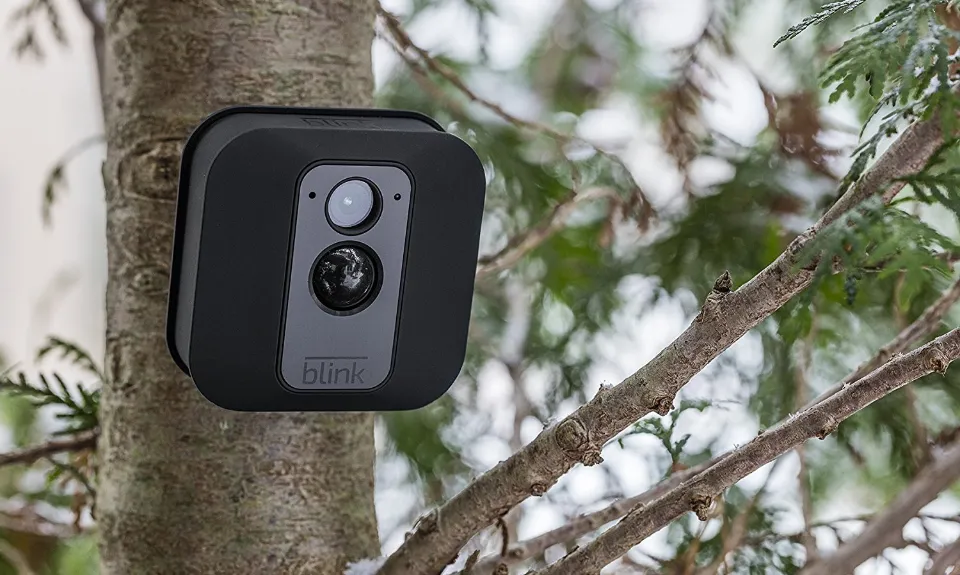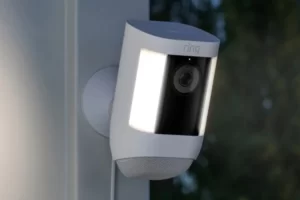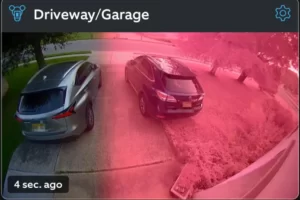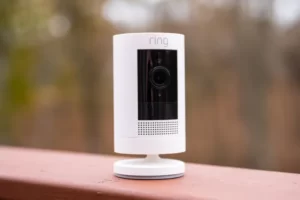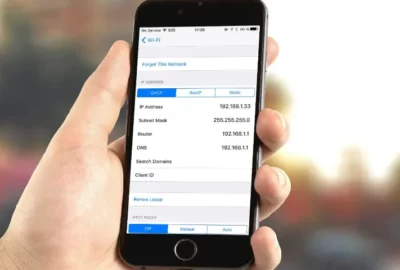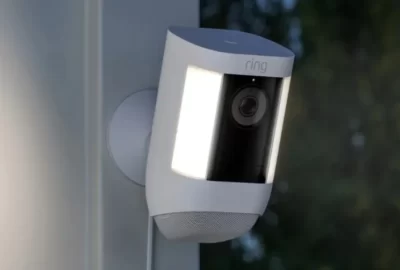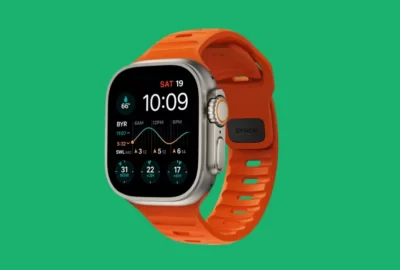Can Blink Cameras Be Hacked? How to Check & Prevent?
You can keep an eye on all activity on your property with blink cameras, both inside and outside. But can blink cameras be hacked?
You heard it right. Blinking security cameras, which can be accessed through the internet, are prone to hacking.
You can exercise some caution if your home or place of business has a blink camera. By doing so, you can keep yourself safe and avoid having your camera hacked. Please read all the way through if you’re curious.
Can Blink Cameras Be Hacked?
Unfortunately, Yes. Like most devices connected to the internet, Blink cameras can potentially be hacked.
With the ability to hack a camera, an attacker can view recorded or live video feed, change the camera’s settings, or spy on the residents of the house.
There haven’t been any reports of Blink cameras being compromised, though.
Blink cameras are typically thought of as dependable and secure home security solutions, but it is always important to keep protective measures in place to prevent any potential intrusions.
How Do Blink Cameras Get Hacked?

The main vulnerabilities in Blink cameras are related to network security and lack of user knowledge.
Because installing these cameras is so simple, many people neglect to secure their network properly, which gives hackers an opening.
Local Hacks
Although local hacks are less common than remote hacks, they are still possible.
In order to be seen on camera, the attacker must be nearby. Common avenues for local hacks include:
- Network spoofing: A fake wireless network similar to the one the Blink camera is connected to is created by attackers. When a user connects incorrectly to a spoof network, the attacker has access to both the user’s device and any Blink cameras connected to that network.
- Brute force attacks: In order to eventually guess the correct password, they use bots to iterate through every possible combination of passwords.
- Eavesdropping: Data sent between the Blink camera and its server can be intercepted by an attacker using a packet sniffer. The attacker may have access to both recorded and live video in this kind of attack.
- Physical Malware Infection: Malware may occasionally be installed on connected devices or routers by hackers who gain physical access to them. The Blink camera is then infected by the malware, giving the attacker remote access.
Remote Hacks
Remote hacks are far more common and a more significant threat to home security cameras. As long as the attacker has access to the internet, they can be carried out from anywhere in the world.
Attackers typically use holes in the software of the Blink cameras or flaws in the Wi-Fi network at the target residence for remote hacks.
The Blink servers are also specifically targeted by them. The most common methods for remote hacking are:
- Social engineering and pishing: You may be tricked into providing security credentials or other sensitive information over the phone, email, instant messaging, or fake websites that mimic real Blink websites.
- SQL Injection: When malicious requests are sent to the Blink servers to override commands and take control of cameras using carefully crafted packets, this is known as hacking. The average person could not perform this kind of hacking because it requires specialized knowledge and equipment.
How to Check If the Blinking Camera is Hacked?
Even though your Blink cameras are not easy to hack, there are chances of hacking. You can check for these signs to find traces of hacking in your camera-
The Unusual Sound from the Camera
Blink camera comes with two-way audio streaming. This entails being able to remotely control audio for those you are watching and listen to audio. This two-way audio streaming can be used by hackers to spy.
If you hear any strange noises, including voices, faint talking, etc., coming from your camera, take a note. Your computer may be being attacked online.
Your Camera is Working Slowly.
Hacking frequently results in the camera losing its effectiveness. The majority of security cameras only have a small amount of memory. Hacking makes the CPU work harder, which slows down performance.
As a result, if your device is slower than usual but has no hardware issues, it may have security flaws.
Your Password is Changed.
Be on the lookout for messages or emails informing you of unexpected password or user credential changes.
If you or any of your friends who have the login information have not changed the password, hacking has most likely occurred.
How to Prevent Your Blink Camera from Being Hacked?
Blink cameras are a great home security solution, but it is important to be aware of their risks.
You can protect your family, your home, and yourself from potential harm by taking a few easy precautions.
Here are some tips to prevent your Blink camera from being hacked:
1. Keep Firmware Up to Date
Updated device and technology firmware addresses known security flaws. Therefore, keep an eye out for updates and make sure to install the most recent version as soon as it becomes available.
2. Update Login Information
One of the best ways to prevent your account from being hacked is by using a strong password.
Make a password that would be challenging to decipher by using a combination of letters, numbers, and symbols. Ensure that you frequently update your credentials.
3. Diversify Your Login Accounts
Don’t use the same password across all of your accounts. Therefore, even if your Blink account is compromised, you will still have the option to regain control using the associated email or social media accounts.
Additionally, turn on two-factor authentication for all of your accounts. Because of this, it is more difficult for outsiders to access your data.
4. Secure Wi-Fi Network
On your home network, use a strong password and place restrictions on the devices that can connect. To guarantee that only authorized devices can connect, get a router that manages this feature.
4. Install a Quality Antivirus and Security Suites
Software with antivirus protection guards against malicious programs intended to damage your computer or steal your personal information. Security packages also provide an additional layer of defense against all online dangers.
Therefore, on all devices linked to your Blink camera, install a top-notch antivirus and security suite.
5. Be Careful About What You Click
Hackers frequently spread viruses and steal personal data by using phishing emails and malicious websites.
Even if something seems to be coming from a reputable source, you should still be very cautious about what you click on. If you’re ever unsure, get in touch with the company directly to inquire before clicking anything.
Conclusion: Can Blink Cameras Be Hacked
Blink cameras are ideal for those who want to monitor their home or business premises remotely without being present in the place.
But, being a wireless device, it is also prone to hacking. Even though there aren’t many reports of these hacking incidents, it’s better to take precautions.
So, practice good cyber security habits, update your hardware and software, and stay connected to resources that can assist you in recognizing and fending off cyberattacks. If you take all the necessary precautions, your Blink camera can be the best tool for home security.
Read More:

